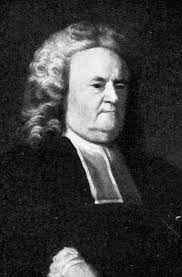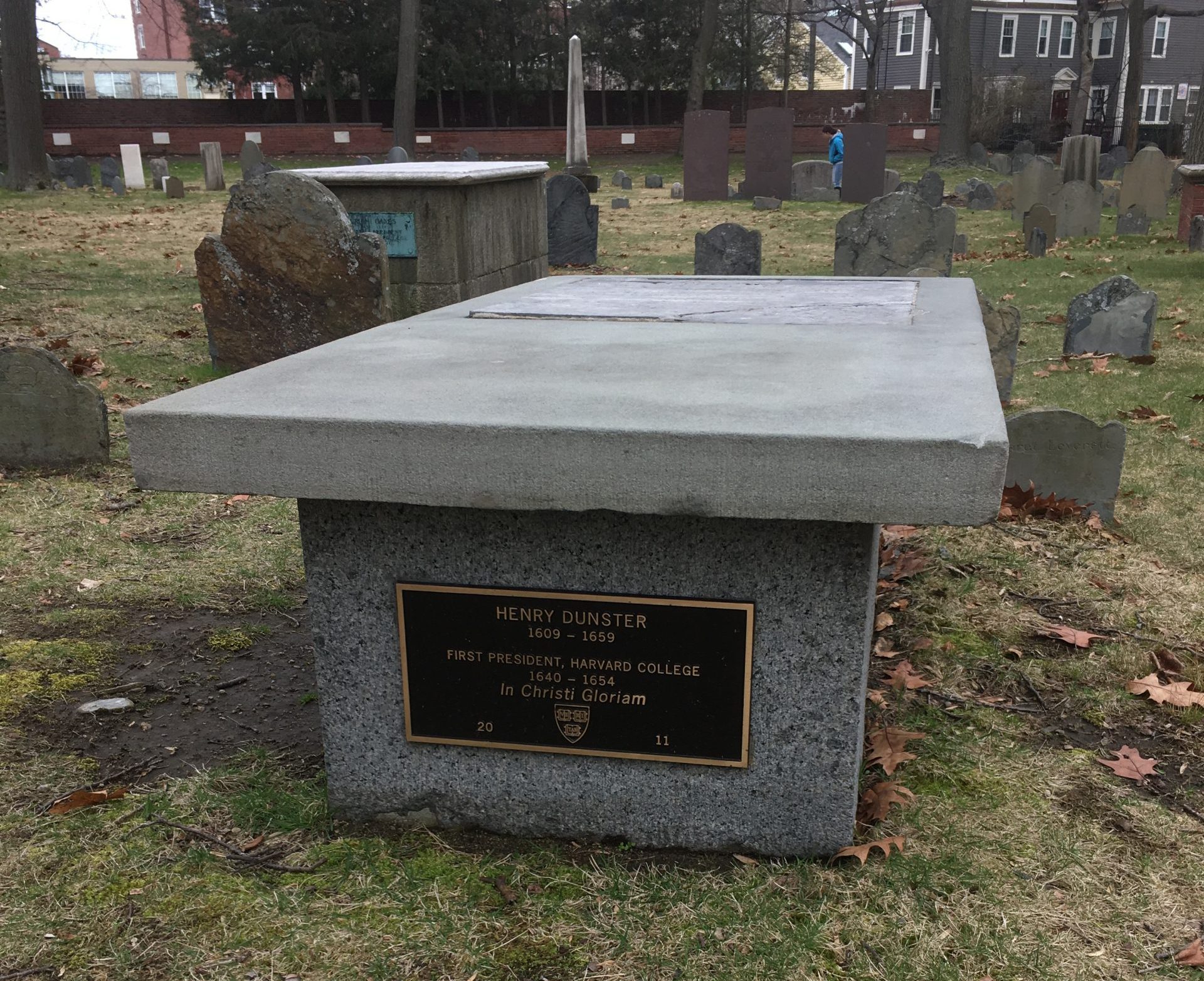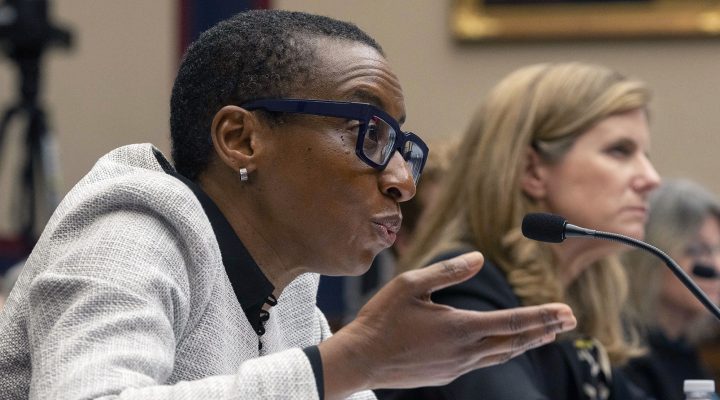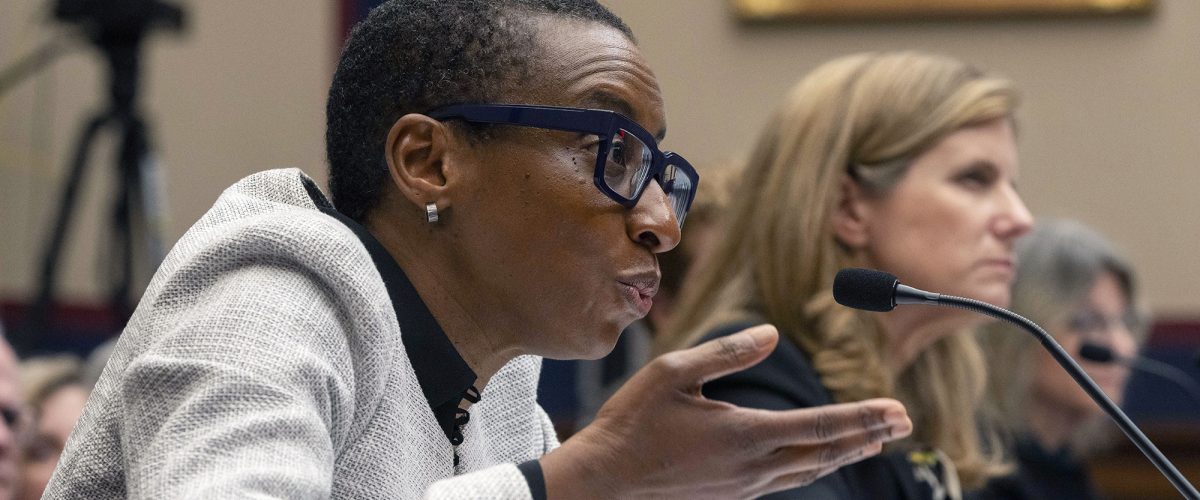The president of Harvard was forced to resign due to overwhelming public pressure. Being an enthusiastic teacher, an experienced scholar, an efficient administrator and a proven fund raiser was not enough.
Declaring the president’s actions to be a violation of the code of conduct and out of step with social standards, detractors demanded the spectacle of an academic pillory. The president’s attempt to reason with critics failed. Their well-laid trap would not stop short of public humiliation and removal from office by the Board of Overseers.
They succeeded, and thus ended the educational career of Henry Dunster, the first president of Harvard, in 1654. But what happened at Harvard was bigger than Harvard.
Dunster graduated from Cambridge University and served as a minister in the Church of England. Yet the high-church reforms of Archbishop William Laud troubled his conscience. So, in 1640, at the age of 30, Dunster joined the great puritan migration to Massachusetts, where he would be free to worship according to his conscience and live according to his convictions.
His proficiency in classical languages and other academic subjects soon caught the attention of Boston society, who tapped him to take on the presidency of struggling Harvard College.
The school thrived under Dunster’s leadership. He built the first building, implemented a rigorous curriculum, established student fees for tuition and board, collected taxes from residents, secured the school charter and even operated a printing press. For 14 years, this scholarly and saintly man was beloved by all. Until he was not.
For 14 years, this scholarly and saintly man was beloved by all. Until he was not.
What was the reason for Dunster’s downfall? If you asked the Puritan powers that be, they might have said he was a deluded heretic bent on corrupting the youth, or worse, an evil man possessed by the devil. In the view of others, his capacious curiosity and profound integrity led to his removal.

Henry Dunster
There is truth in that second answer. When it came time to have his fourth child baptized, Dunster began to have questions about the basis for infant baptism. He immersed himself in an intensive study, which left him unable to find any clear biblical warrant for the practice. He could have kept his doubts to himself, but his conscience would not allow him to remain silent.
Not only did Dunster refuse to present his child for baptism, but he also made his objections known from the pulpit. Other Congregationalist ministers tried to persuade him quietly. When that failed, a public debate on his antipaedobaptist opinions was held in Boston. That, too, did not succeed in convincing Dunster to change his views.
The New England colonies had little interest in promoting religious liberty. In 1648, the standing order churches approved the Cambridge Platform, which instructed civil authorities to restrain and punish “idolatry, blasphemy, heresy, venting corrupt and pernicious opinions that destroy the foundation, open contempt of the word preached, profanation of the Lord’s day, disturbing the peaceable administration and exercise of the worship and holy things of God, and the like.” The platform advised magistrates to apply coercive power “as the matter shall require” to control schismatical churches that “walk incorrigibly or obstinately in any corrupt way of their own.”
The standing order policy was not merely hypothetical. It directly implicated religious dissenters. In 1651, three Baptists from Rhode Island visited Lynn, Mass., where they had been invited into a home to hold worship. Constables burst into the illegal meeting and hauled the three wandering Baptists off to jail.

Obadiah Holmes
At the trial, the governor declared they deserved death, but instead he sentenced them to pay heavy fines or to be “well whipped.” Two of the Baptists accepted the offer to have their fines paid on their behalf. But one, Obadiah Holmes, refused, accepting 30 lashes at the whipping post, which left him severely injured.
One of the three, Newport, R.I., pastor John Clarke, published an eyewitness account, Ill Newes From New England, the following year. Rather than suppressing religious dissent, reports of the Puritan punishment had an opposite effect.
This dissenter witness made a deep impact on Dunster. He began to see the standing order churches in New England in similar light as John Milton wrote in his tract Eikonoklastes about the established church in Old England, that they “show themselves … not fit for that liberty which they cried out and bellowed for, but fitter to be led back again into their old servitude like a sort of clamoring and fighting brutes.”
Dunster’s refusal to back down from his baptistic convictions was too much for the Massachusetts General Court and the Harvard College Board of Overseers.
Dunster’s refusal to back down from his baptistic convictions was too much for the Massachusetts General Court and the Harvard College Board of Overseers, which concluded “the interests of the College and Colony required his removal.” In the spring of 1655, Dunster and his family relocated to nearby Scituate in Plymouth Colony, which offered more toleration toward dissenters. After his death four years later, Dunster’s body was laid to rest in the Old Burying Ground near Harvard College.

Henry Dunster was not the first or the last dissenter to suffer under the weight of social and religious authorities in Massachusetts. The General Court banished Roger Williams in 1635 for his challenge to the Massachusetts charter. A similar fate befell Anne Hutchinson two years later for her role in the Antinomian controversy, and Mary Dyer was hanged in Boston Commons for her Quaker beliefs in 1660. Full liberty of conscience in Massachusetts did not extend to dissenters until 1833, when the state’s constitution was amended to abolish compulsory religious taxation.
This brings to mind another observation by John Milton about how the more things change, the more they remain the same. In his poem “On the New Forcers of Conscience,” he declared, “New presbyter is but old priest writ large.” Oliver Cromwell’s Protectorate brought privilege to Protestants in England, but the new social order simply repeated the repression of the old one, and when Puritans fled to New England, they used their privilege to repress dissenters as they had been.
What happened at Harvard with Henry Dunster was bigger than Harvard. Puritan forcers of conscience with an interest in controlling the aims of education toppled him.
Echoing across time, Neo-puritan forces have toppled another Harvard president. No doubt, Claudine Gay made mistakes for which she sought to make amends. But this affair was about more than academic integrity or moral insensitivity.
The late president of Harvard, like the first, was forced out for resisting the self-perceived standing order in America. What happened at Harvard is bigger than Harvard. It is part of a social struggle that will determine whether educational institutions will be free to pursue knowledge, even when that pursuit may lead to unpopular and uncomfortable conclusions.
To put it pointedly, democracy depends on dissent, and dissent defends democracy, and both provide conditions for progress. You can be sure that what happened at Harvard will not stay at Harvard. It just might be coming to a school near you.
Curtis W. Freeman is research professor of theology and Baptist studies and director of the Baptist House of Studies at Duke Divinity School. Among his publications is Undomesticated Dissent: Democracy and the Public Virtue of Religious Nonconformity (Baylor University Press, 2017).
Related articles:
It is not antisemitic to oppose the nation of Israel’s atrocities
Baylor, Harvard team up to study faith’s role in human flourishing
Cornell West’s fiery departure from Harvard Divinity shines a light on the issue of faculty tenure
Harvard’s Jonathan Walton named dean of Wake Forest School of Divinity


